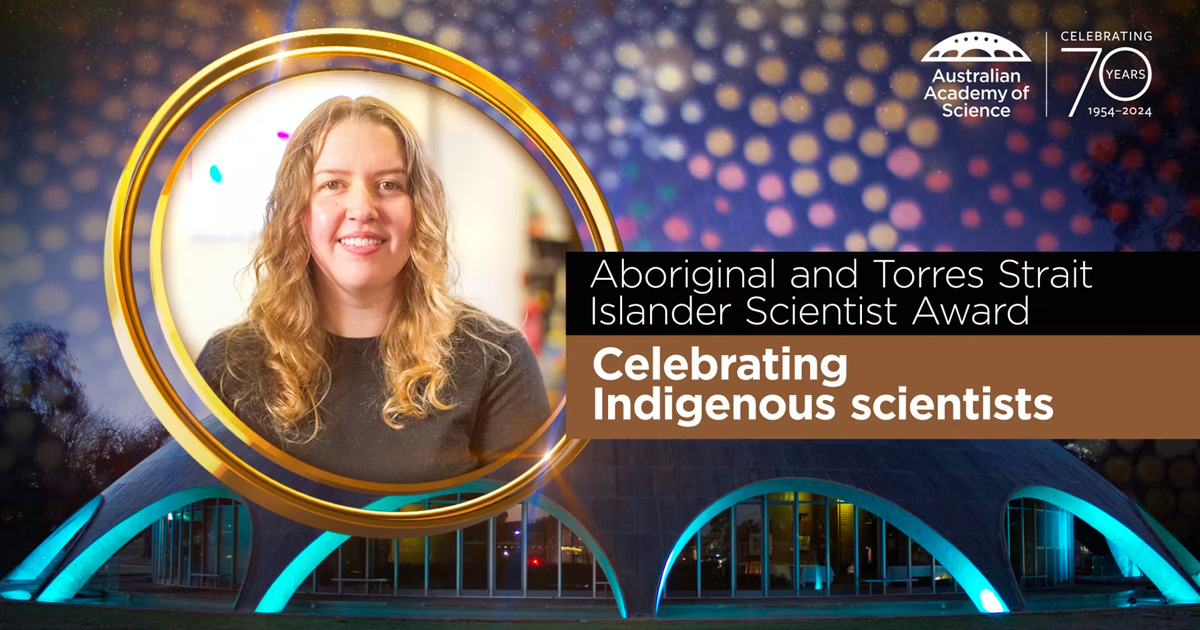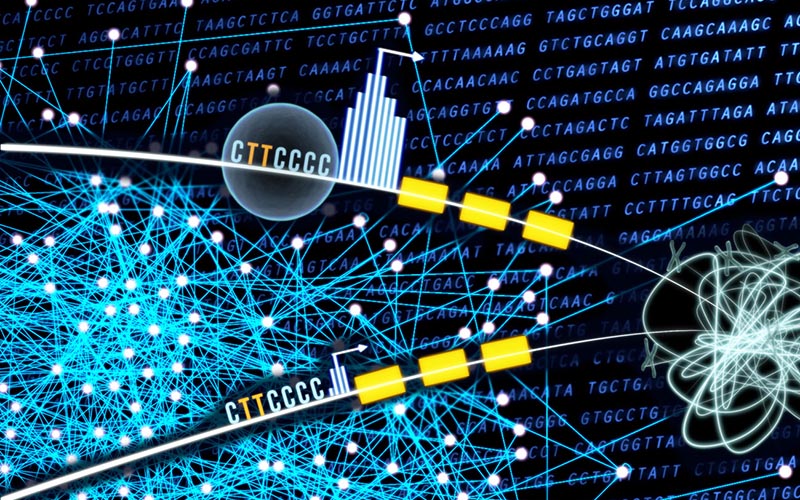Search
Research
Atopy-related immune profiles are subject to genetic influence as evaluated using school-aged twin pairsThe interaction of genetic and environmental contributions to immunological traits and their association with atopic disease remain unclear. Flow cytometry and in vitro cytokine responses were used to characterize immune profiles from 93 school-aged twin pairs. Using an established twin pair analytical strategy, the genetic and environmental influences on immunological traits were evaluated, along with their association with atopy. Our findings suggest strong genetic influence on several traits, particularly B cell abundance. In contrast, cytokine responses from in vitro stimulations appeared mainly shaped by environmental exposures.
Research
Patient and carer priorities for research and clinical care of children with Down syndromeDown syndrome, the most common genetic disorder, is caused by the presence of all or part of a third copy of chromosome 21. We identified the top 10 patient and carer research priorities for children with Down syndrome.
Research
Food Allergy Genetics and Epigenetics: A Review of Genome-Wide Association StudiesIn this review, we provide an overview of food allergy genetics and epigenetics aimed at clinicians and researchers. This includes a brief review of the current understanding of genetic and epigenetic mechanisms, inheritance of food allergy, as well as a discussion of advantages and limitations of the different types of studies in genetic research.
Research
Type-2 diabetes epigenetic biomarkers: present status and future directions for global and Indigenous healthType-2 diabetes is a systemic condition with rising global prevalence, disproportionately affecting Indigenous communities worldwide. Recent advances in epigenomics methods, particularly in DNA methylation detection, have enabled the discovery of associations between epigenetic changes and Type-2 diabetes. In this review, we summarise DNA methylation profiling methods, and discuss how these technologies can facilitate the discovery of epigenomic biomarkers for Type-2 diabetes.
Research
The histone demethylase dLsd1 regulates organ size by silencing transposable elementsThe specific role of chromatin modifying factors in the timely execution of transcriptional changes in gene expression to regulate organ size remains largely unknown. Here, we report that in Drosophila melanogaster depletion of the histone demethylase dLsd1 results in the reduction of wing size. dLsd1 depletion affects cell proliferation and causes an increase in DNA damage and cell death.

News & Events
Prestigious national award for researcher seeking to improve Indigenous cancer outcomesCongratulations to Indigenous genomics researcher Dr Justine Clark, who is one of two scientists nationally to receive the Australian Academy of Science’s 2024 Aboriginal and Torres Strait Islander Science Award.

News & Events
Decades-old work picked up by Google’s DeepMind leads to global scientific breakthroughA researcher's work from 20 years ago has helped to crack one of biology’s biggest mysteries.

News & Events
The Kids Research Institute Australia researcher awarded prestigious Eureka prizeA The Kids Research Institute Australia researcher who is part of an international research project working to understand how our genes keep us healthy has been awarded an Au
Research
The mitophagy receptors BNIP3 and NIX mediate tight attachment and expansion of the isolation membrane to mitochondriaBNIP3 and NIX are the main receptors for mitophagy, but their mechanisms of action remain elusive. Here, we used correlative light EM (CLEM) and electron tomography to reveal the tight attachment of isolation membranes (IMs) to mitochondrial protrusions, often connected with ER via thin tubular and/or linear structures.
Research
Tumor site-directed A1R expression enhances CAR T cell function and improves efficacy against solid tumorsCitation: Sek K, Chen AXY, Cole T, Armitage JD, Tong J, ……… Waithman J, Parish IA, et al. Tumor site-directed A1R expression enhances CAR T cell
